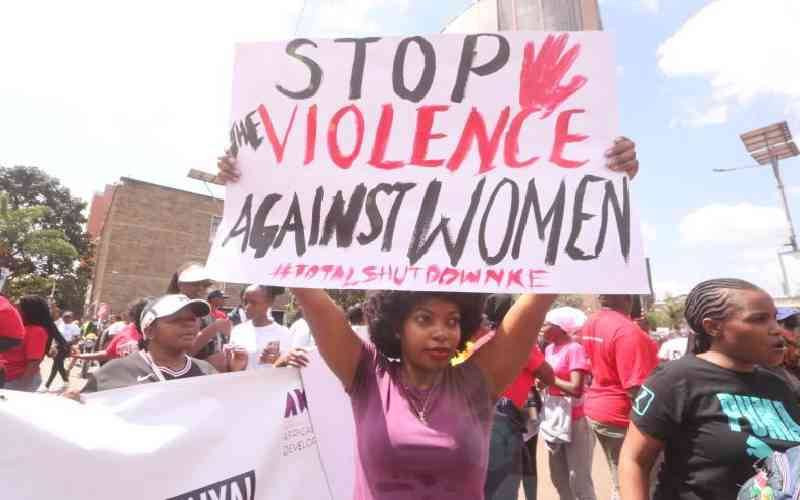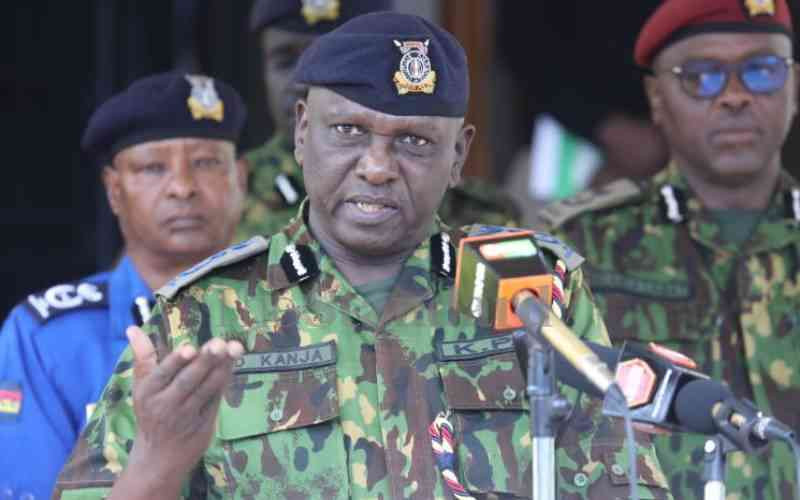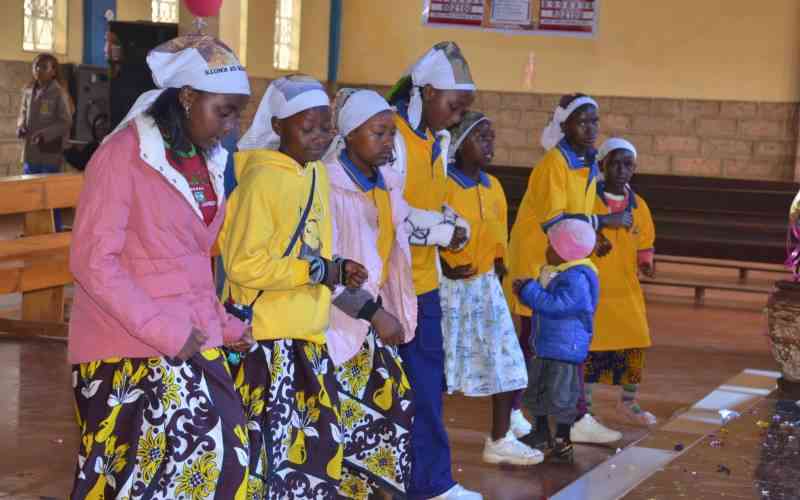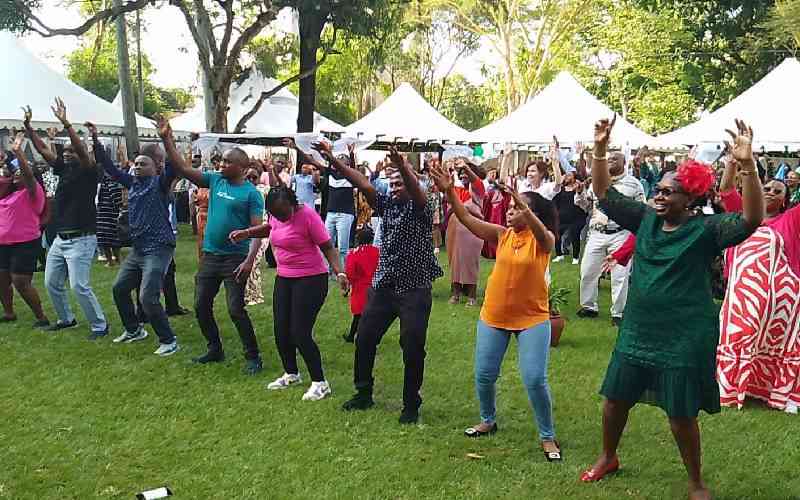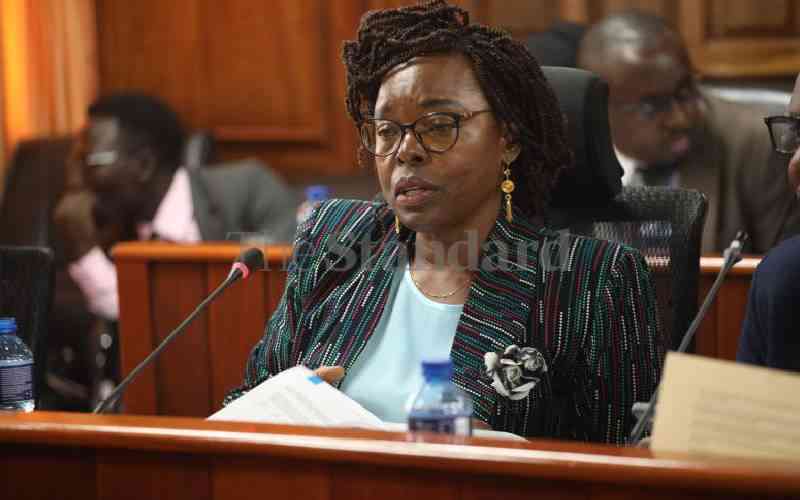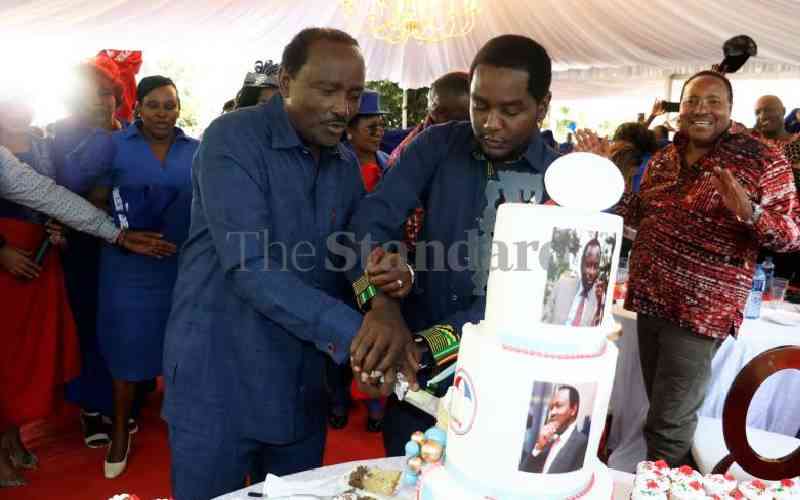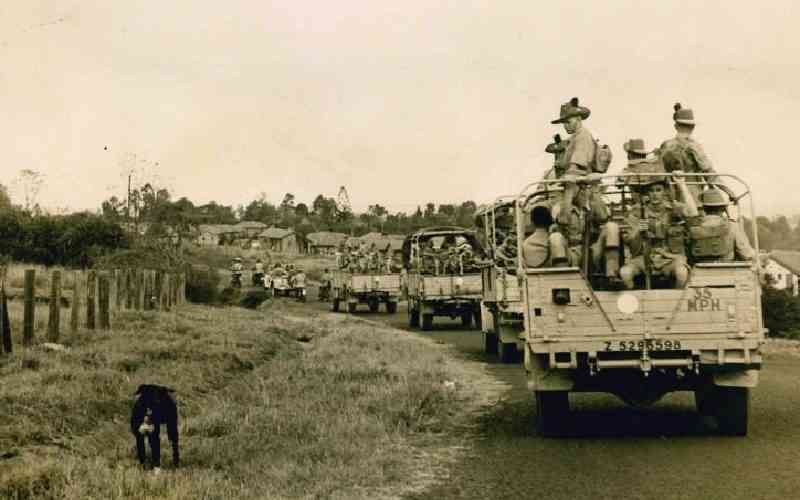
After barking orders and lording it over Kenyans for close to seven decades, it was time to go. And they were not happy about it. The evacuation of British troops who had called the Templar Barracks home, had started.
The scheme was that by the time Kenya celebrated its first independence anniversary on December 12, 1964, all the 5,500 soldiers from Templar, today known as Kahawa barracks and Gilgil would be safely at home. However, going by the British press, as the soldiers returned home, Kenyans and an estimated 1,000 cats, monkeys, dogs and other pets were poised to suffer immeasurable loss.
The New York Times on September 6, 1964, summed up this loss thus: "About 4,000 civilians will lose jobs at a time when the country is confronted with 205,000 unemployed. In addition, 400 houses are beginning to come on the real estate market."
According to the report, although real estate agents would have no problems looking for new tenants to occupy the houses vacated by the expatriates, "the East African Society for the Prevention of Cruelty to Animals is having a harder time finding homes for 1,000 pet dogs, cats and monkeys that soldiers are unable to take home."
Shopkeepers operating near the barracks set at the 600-acre piece of land were also estimated to lose a portion of the $7.1 million (Sh844.9m) annual pay which the soldiers and their families had been spending on food, clothing and entertainment. The army had been spending $22.4 million (Sh2.66 billion) a year on water, electricity, rent and wages.
But as the colonial army was ruing its departure and loss of their pets and other comforts in Kenya, the ragtag army they had been hunting in the forests were also dismayed upon realising that they too were unacceptable in the barracks because they were not schooled in the science of modern warfare.
Predictably on January 4, 1964, some British commandos were sent back into the country to quell a mutiny which had been staged by Kenyan soldiers over pay. There were more problems a year later when the Kenyan government turned its guns on a number of Mau Mau generals from Meru led by Generals Baimungi, Chui and Ruku who were gunned down on January 26, 1965 for challenging the government's military might.
Fifty-eight years later, all the fears the British troops had foreseen have dissipated. Kahawa Barracks still exists although part of its land where a university and a hospital stand today, is still a battlefield between some local squatters and administration.
 The Standard Group Plc is a multi-media organization with investments in media platforms spanning newspaper print
operations, television, radio broadcasting, digital and online services. The Standard Group is recognized as a
leading multi-media house in Kenya with a key influence in matters of national and international interest.
The Standard Group Plc is a multi-media organization with investments in media platforms spanning newspaper print
operations, television, radio broadcasting, digital and online services. The Standard Group is recognized as a
leading multi-media house in Kenya with a key influence in matters of national and international interest.

